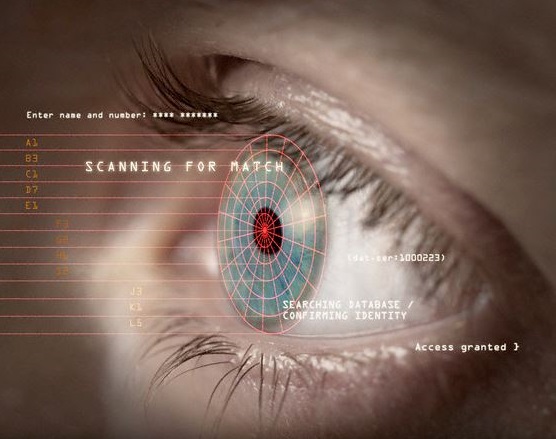
Google claims to have found a non-invasive way for detecting potential risk of heart disease, based on factors like age, gender and blood by scanning the eyes of the patient.
Alphabet’s (Google’s parent company) health division is working wonders using its AI technology in the field of medical science.
The health science company, named ‘Verily’, is working on various contemporary projects, like developing medicine-based smartwatches and ways to restrain excessive mosquito population etc.
Eye Scanner for Heart Disease?
Verily’s latest project is based on detecting risk of heart disease through a simple eye scan. It will be using Google’s Artificial Intelligence to read the eyes of the patient through a scanner, which will show his/her cardiac health.

How the Algorithm Works
Google explained that biomedical engineers and researchers have been working over this AI-based algorithm for quite a long time. The newest version has been refined with machine learning to predict cardiovascular risk factors such as age, gender, and blood pressure.
Once implemented, the scanner will rule out the need for blood tests as you’ll get the results with almost the same accuracy as that of the current methods.
The research paper highlighting this technology was recently published in the ‘Nature’ journal, stating that despite the positive response, there are certain limitations to it.
Limitations
The research was conducted on a specific group of eye images with a 45-degree field of view. What remains to be seen is whether it can work equally well for larger or smaller photos. More experiments need to be performed to reach conclusive results about this tech.
This research may serve as the first step towards non-invasive evaluation of cardiovascular health. However, this method of assessing cardiac health isn’t fully ready to be brought into regular practice by the doctors yet.
Moreover, the study was successful for a smaller group of people, researchers need to achieve accurate results for larger datasets for practical application.
Via Engadget
Comments
Post a Comment